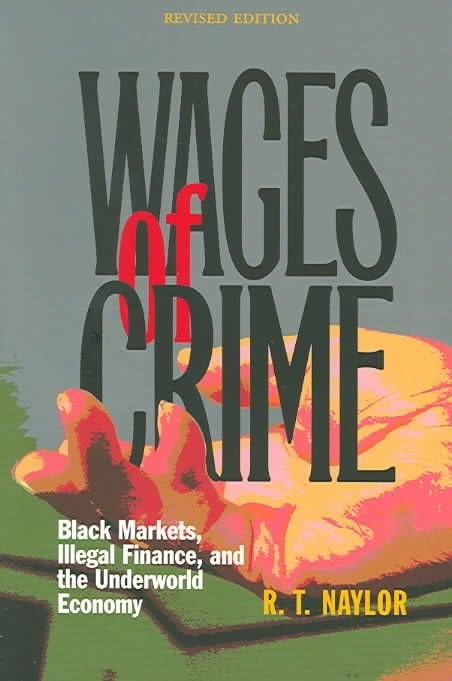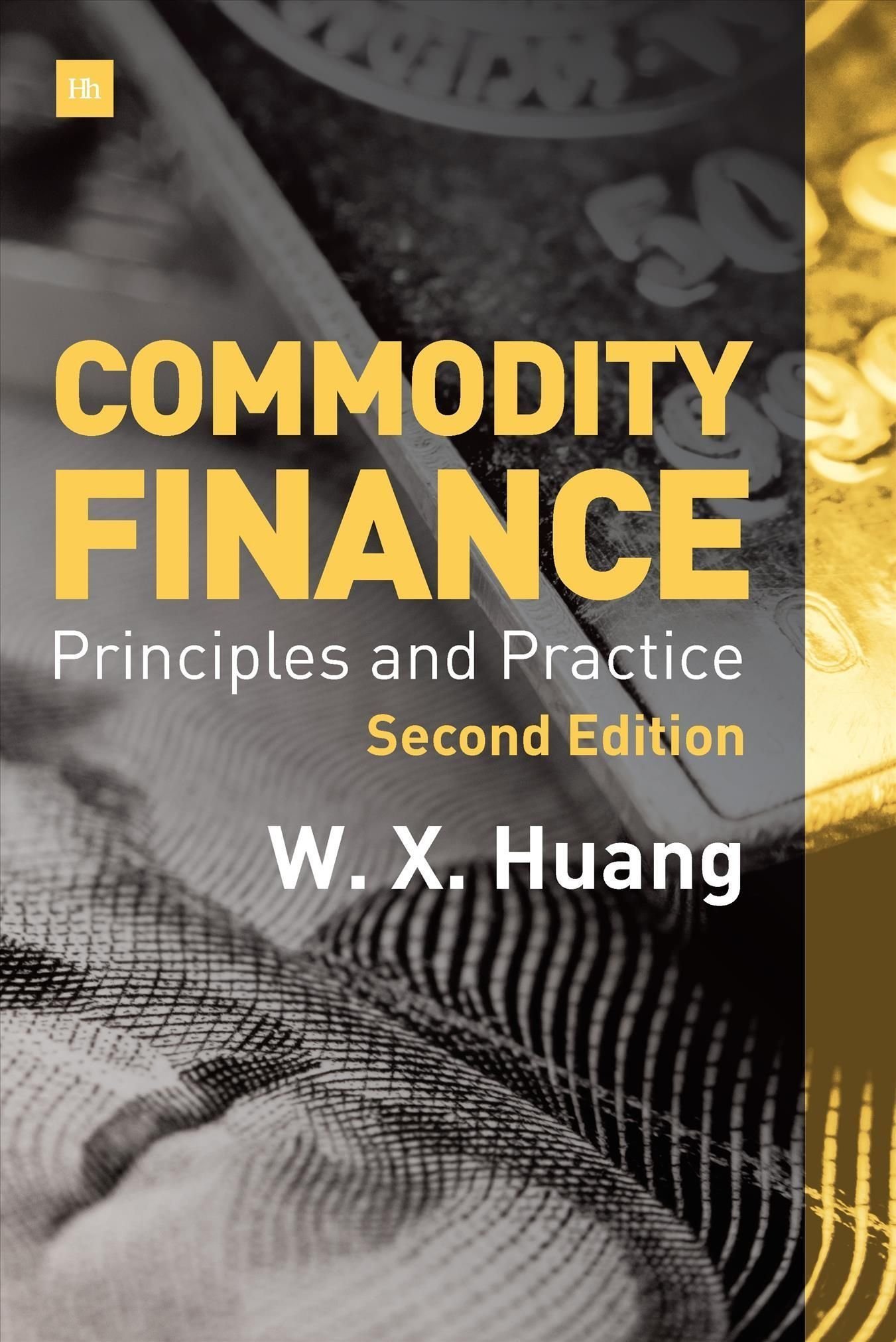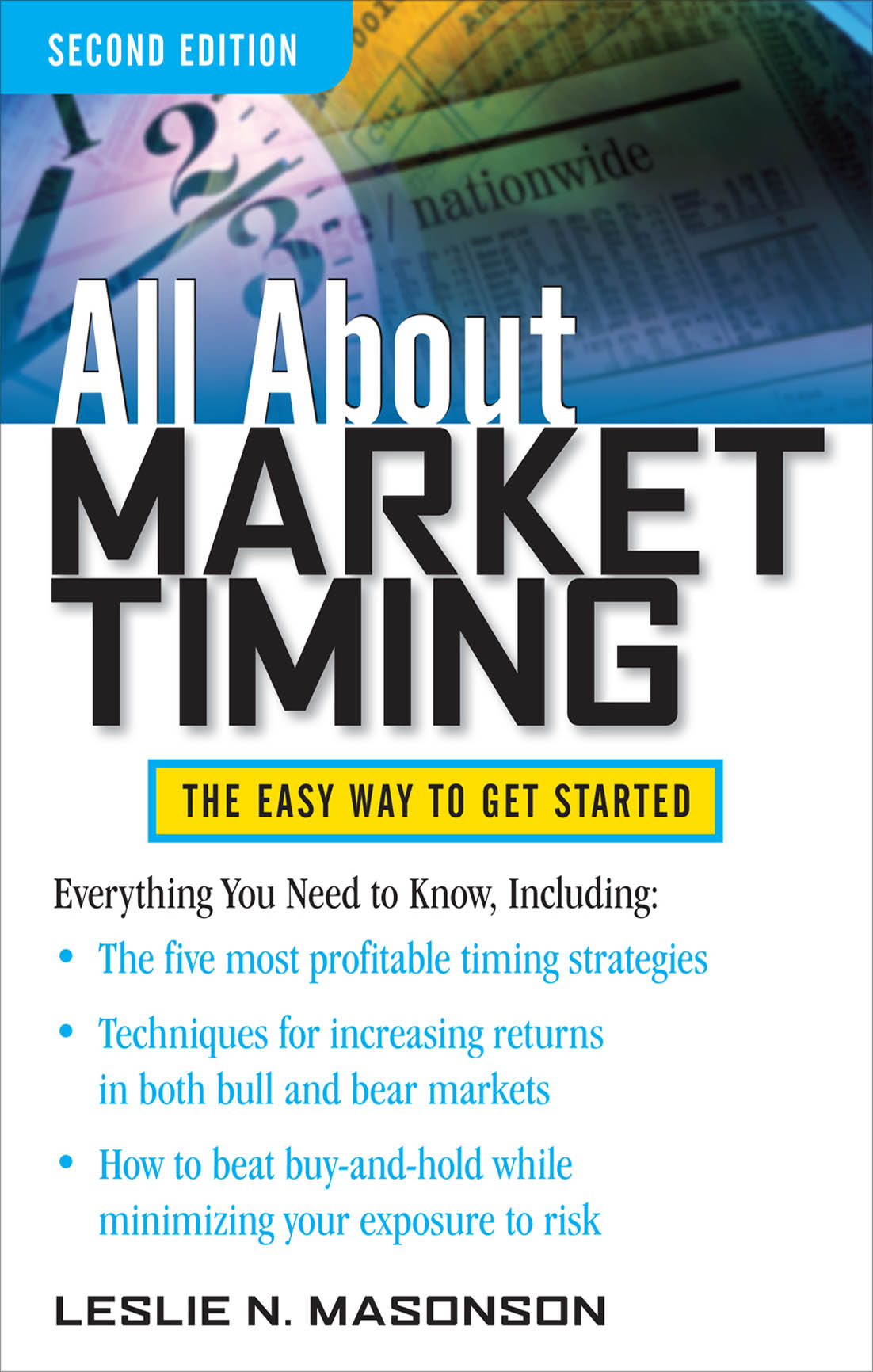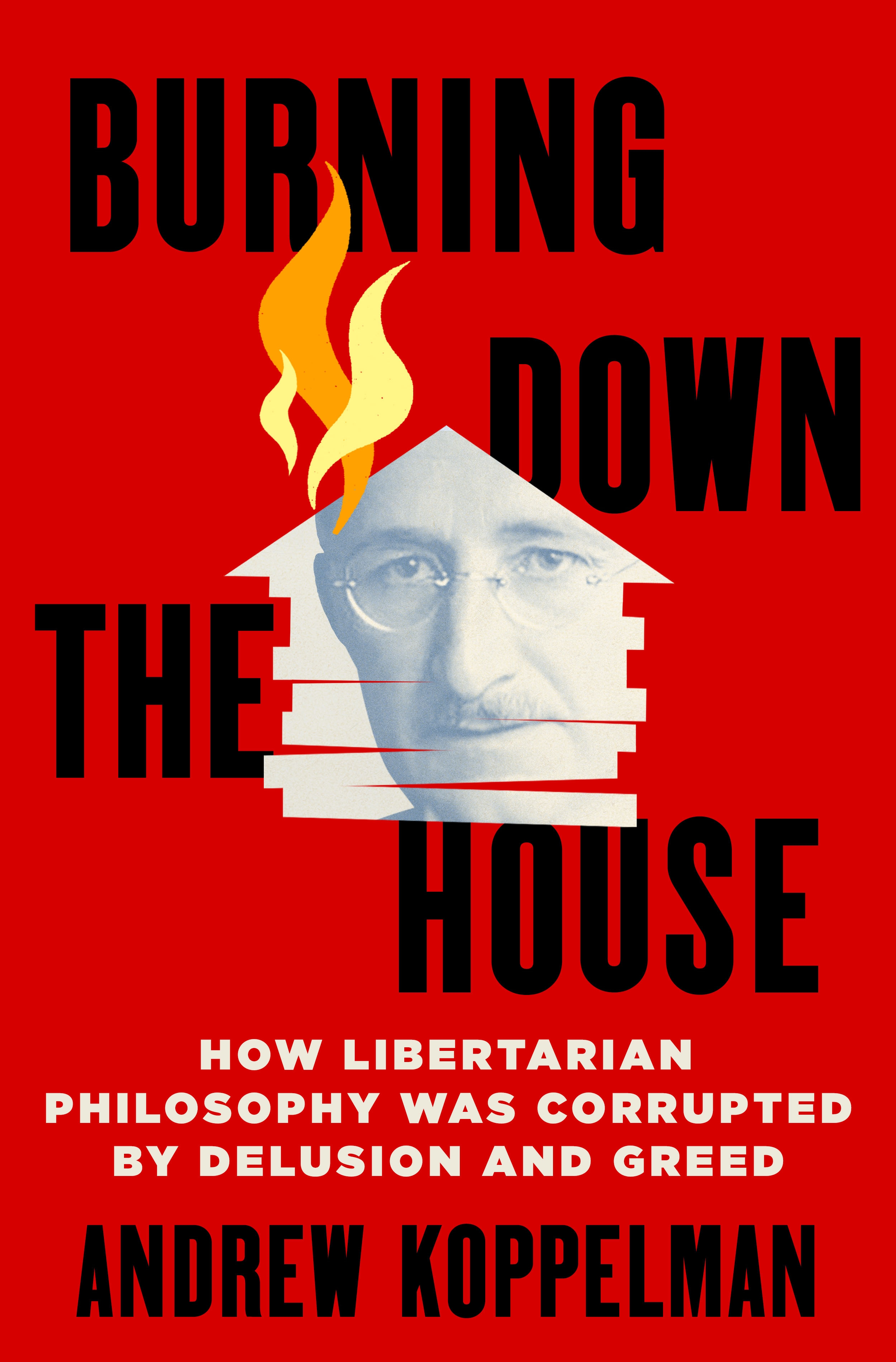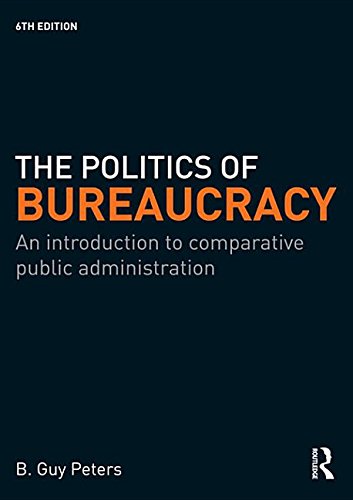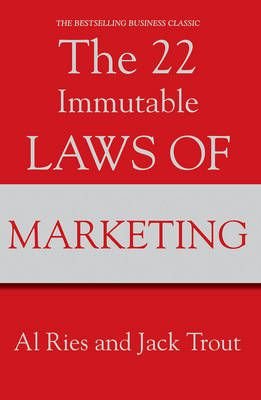Never in history has there been a black market tamed from the supply side. From Prohibition to prostitution, from gambling to recreational drugs, the story is the same. Supply-side controls act to encourage production and increase profits. At best a few intermediaries get knocked out of business. But as long as demand persists, the market is served more or less as before. In the meantime, failure to ‘win the war’ [against crime] becomes a pretext for increasing police budgets, expanding law enforcement powers, and pouring more money into the voracious maw of the prison-industrial complex.?from the Introduction R. T. Naylor specializes in the study of smuggling, black markets, and international financial crime. Wages of Crime takes the reader into the shadowy underworld of modern criminal business?arms trafficking, gold smuggling, money laundering, and terrorist financing. Naylor dissects the schemes by which illegal entrepreneurs disguise their acts, manage their take, and eventually enjoy the loot. The author asserts that much of what police, press, politicians, and the public understand about international crime is based on myth and misrepresentation. Wages of Crime also outlines Naylor’s claim that some of the most popular modern law-enforcement fads are inefficient or useless and can do massive damage in eroding civil liberties. In the wake of recent tragedies, Naylor’s criticisms of contemporary anticrime policies and the confounding of criminal and national security issues have a sharper resonance.
